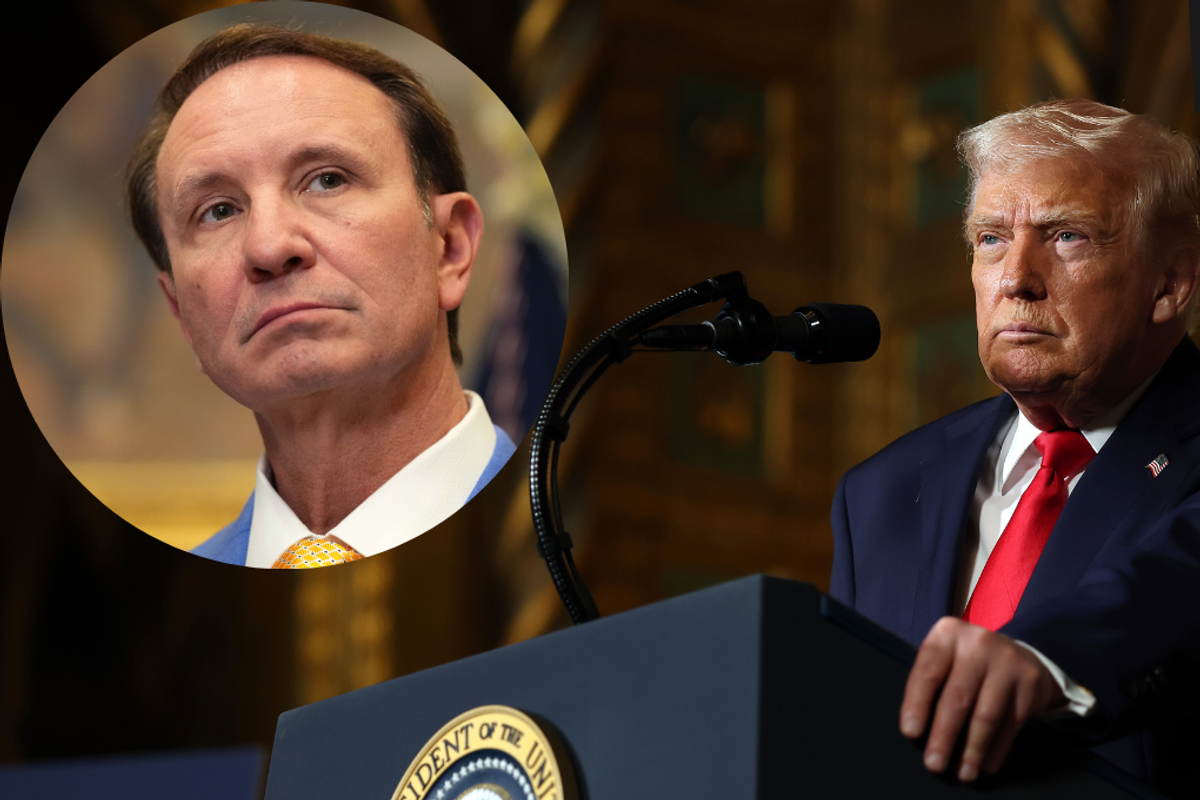Celebrities
Faiza Shaheen
Aug 17, 2020

Getty
There is so much to be angry about in the A-level scandal.
Almost 40 per cent of all grades were downgraded, but those in deprived areas saw the biggest downgrades, and the young people lucky enough to be at private school saw the biggest increases.
Poor kids downgraded, rich kids upgraded. It’s a familiar cycle, isn’t it?
We all feel for those who saw their grades fall from A*s to Bs, with some missing out places at top universities. Others saw their grades fall from a predicted C to a U – a U meaning unclassified.
And why? Because of an algorithm put together by the exams regulator Ofqual that “standardised” results was based not on the hard work, effort and capability of individuals, but on what young people at the schools achieved before.
There were all kinds of flaws in the algorithm, the most obvious being that it's "standardising" punishes those in deprived areas and relatively poor performing schools most. But it also had a size threshold, thus allowing smaller cohorts to avoid the algorithm altogether.
This is what apparently explains the news about the vast inequality in who got downgraded, and indeed who got upgraded. The news that private schools have seen a 4.7 per cent rise in A and A* grades, compared to 0.3 per cent at the type of state run Further Education college I went to, has angered many disgusted at the idea of inequality baked in via a government-sponsored data model.
So much for social mobility, which the Tories claim to support.
Their idea that if you work hard enough you can get ahead regardless of background was always flawed given the huge economic disparities in the UK, but it has been especially exposed in the wake of this year’s results.
All this has happened in the context of a government that says it wants to “level up” the UK. Did our government never think to ask Ofqual what the implication of using this algorithm for inequality would be? This is what happens when you have a government that is good at rhetoric but doesn’t actually know how to back it up. It has ended up levelling down the poorest young people.
There is definitely more than a whiff of class war (and a whole lot of incompetence) in this scandal.
The government can't blame it all on Covid-19, because they knew for months this was coming, were warned by teachers and only needed to look to Scotland's experience last week to know they needed to change tact.
You’ve really got to feel for young people today: subject to collective punishment (unless you're rich and at private school) via an algorithm, entering the labour market when job vacancies have disappeared, saddled with a bill of £55k for going to university, faced with disastrous climate breakdown in their lifetimes and with fewer opportunities to escape to Berlin or Barcelona because of Brexit.
Not to mention these young people have had to cope with the education system at the time of intense cuts. Whether you look to their past, present or their future, they have been short-changed.
This generation has been betrayed by generations of the political class.
It is time the government draws up a wider plan to put this right and fundamentally shift young peoples’ fortunes going forward.
Faiza Shaheen is the director of the Centre for Labour and Social Studies and a former Labour Party parliamentary candidate
Top 100
The Conversation (0)













